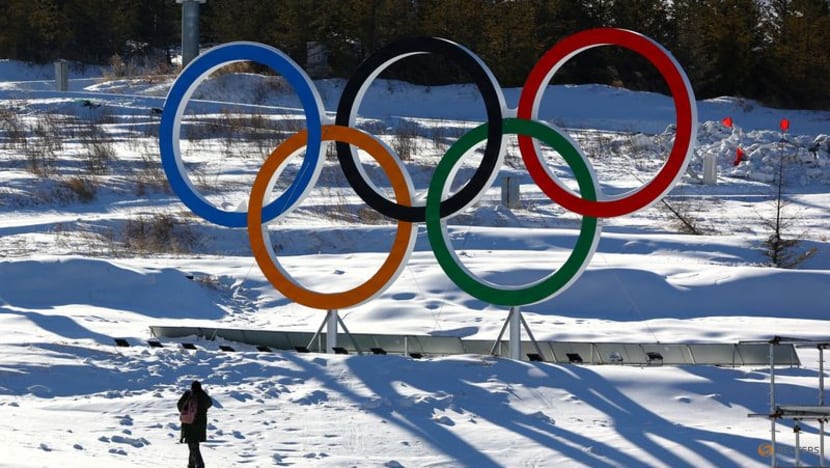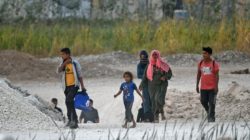Athletes heading to next month’s Beijing Olympics were warned on Tuesday by speakers at a Human Rights Watch conference that speaking out on human rights concerns while in China could jeopardize their safety.
Human rights organizations have long chastised the International Olympic Committee (IOC) for awarding the Games to China, noting the Chinese government’s persecution of Uyghurs and other Muslim minorities, which the US has described as genocide. China refutes charges of human rights violations.
In the seminar, Rob Koehler, the director general of the Global Athlete group, said, “There’s really not much protection that we believe would be offered to athletes.” “Silence is complicity, which is why we are worried.”
“As a result, we’re telling athletes not to speak up.” When they go home, we want them to compete and utilize their voices.”
“No sort of demonstration or political, religious, or racial propaganda is permitted in any Olympic sites, venues, or other areas,” according to Rule 50 of the Olympic Charter.
“The offences that can be used to prosecute people’s free expression in China are highly imprecise,” Human Rights Watch researcher Yaqiu Wang said.
“Picking fights or causing disturbance is a crime that can be prosecuted. Peaceful, critical comments can be charged with a variety of offenses.”
Noah Hoffman, a cross-country skier who competed for the United States at the 2014 and 2018 Winter Olympics, said the American squad was insulated from human rights problems.
“I’m worried about my teammates that are traveling to China,” Hoffman remarked. “For their own safety, I’m sure my teammates are being guarded from these queries.
“We should never have to shield athletes from speaking out on issues that they believe are critical.
“My wish for the athletes there is that they remain silent since they will not only be persecuted by the Chinese government, but they may also face punishment from the International Olympic Committee.”
On Tuesday, concerns over data privacy and eavesdropping at the Games were raised when it was revealed that a smartphone app developed by China to monitor the health of delegates had security issues.
“We know it’s there when it comes to surveillance,” Koehler added.
“There are a variety of reasons why certain countries have requested that athletes refrain from bringing their own mobile devices. Any rational individual who hears these things must be concerned.”
In an emailed response to a Reuters request for comment, the IOC stated that it “recognizes and defends human rights as entrenched in both the Fundamental Principles of the Olympic Charter and its Code of Ethics” at all times.
The Winter Olympics will begin on February 4th. Over worries about human rights in China, several countries, including the United States, the United Kingdom, Japan, and Australia, have launched diplomatic boycotts of the Games.




